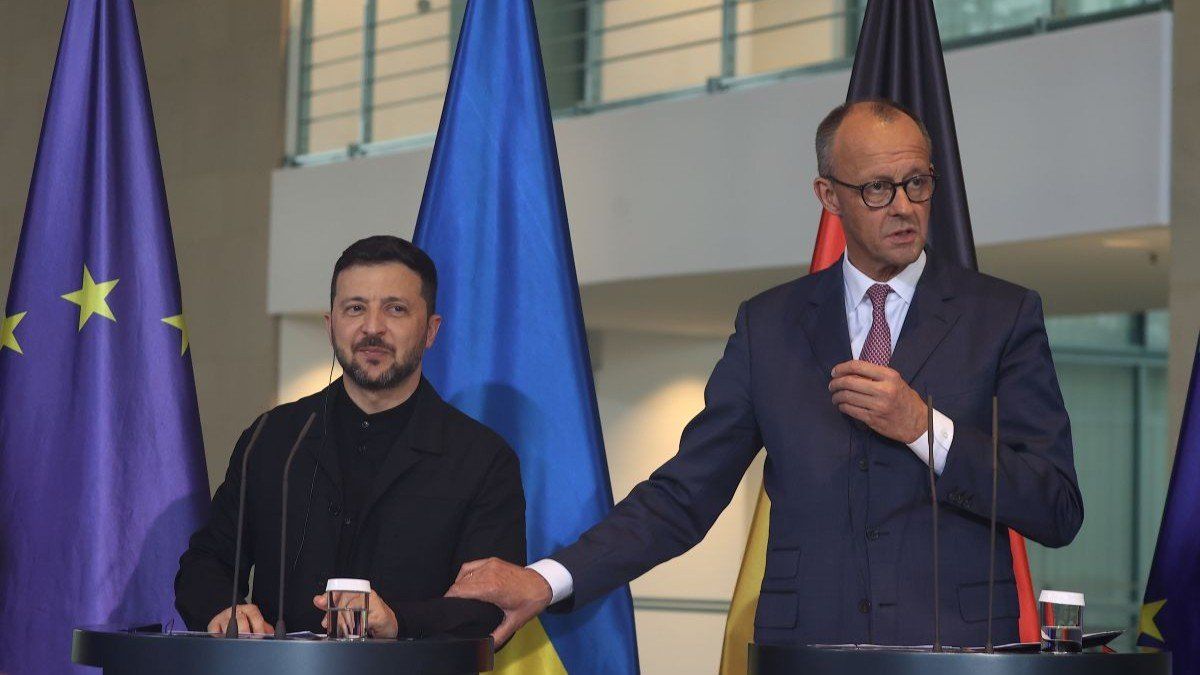Merz promises long-range weapons for Ukraine
On Wednesday, German Chancellor Friedrich Merz promised Ukrainian President Volodymyr Zelensky that Berlin will help Kyiv produce long-range missiles that can strike deep inside Russia. It’s another sign that Europe has lost patience with Vladimir Putin’s reluctance to talk peace and a recognition that whatever happens on the battlefield this summer will shape the outcome of eventual talks.
Musk jabs Trump’s signature bill
The House-passed “Big Beautiful Bill” has one unhappy customer: Elon Musk, who said he’s “disappointed” by the tax-policy legislation. He argued that it “increases the budget deficit … and undermines the work that the [Department of Government Efficiency] team is doing.” It’s the heaviest criticism that Musk, who spent over $250 million to help US President Donald Trump win the 2024 presidential election, has directed toward the administration. We’re watching to see whether this is merely a blip in the Musk-Trump relationship, or whether the Tesla owner now splits with the Republican Party – and takes his dollars with him.
The world’s poorest owe China big money
“In 2025, the world’s poorest and most vulnerable countries will make record high debt repayments totaling $22 billion to China,” according to a report by the Lowy Institute, an Australian think tank. That’s mainly thanks to the Belt and Road Initiative. which has loaned more than 150 countries a total of more than $1 trillion since 2013 for infrastructure projects. The initiative risks becoming an albatross for both China and its debtors.
